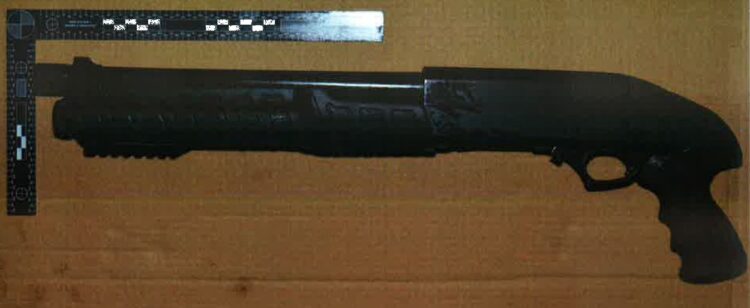
A new draft sentencing guideline for the offence of importing prohibited or restricted firearms has been published for consultation. There are no current guidelines in respect of these offences, although there are eight current guidelines for offences under the Firearms Act 1968.
Sentencing guidelines set the range for sentences and are intended to reflect current sentencing practices for the offences. They must be followed unless a judge or magistrate is satisfied that it would not be in the interest of justice to do so. They aim to provide a consistent approach to sentencing with proportionate sentences being imposed.
The guideline covers two offences under the Customs and Excise Management Act 1979 – under section 50, the importation of goods and under section 170, the fraudulent evasion of prohibition/restriction. The types of weapons referred to are those under sections 1 and 5(1) and 5(1A) of the Firearms Act 1968.
The new guideline will be for adult offenders and proposes a sentence of up to 28 years imprisonment for the most serious cases. Such cases would be the large-scale importation of rapid-firing weapons for use in crime. Up to seven years imprisonment is suggested for offences involving less dangerous firearms. Offences under the Customs and Excise Management Act 1979 are not subject to the minimum term provisions which relate to certain Firearms Act offences. The firearms and ammunition that would be subject to the minimum five-year term if prosecuted as possession, have a statutory minimum sentence of life instead of seven years for all other firearms and ammunition.
The guideline for the offences initially sets out three levels of culpability based on the type of weapon involved. The highest culpability is Type 1, a weapon capable of killing two or more people simultaneously or in rapid succession. The lowest is type 3, which relates to weapons not designed to be lethal or a small quantity of ammunition. There are then three categories of other culpability factors detailed as high, medium and low. Once the type of weapon and level of culpability is decided, the sentencer moves to the issue of harm within three categories.
There are then two tables, one for use with the statutory maximum life sentence offence, the other for the maximum seven years offence. Using the type of weapon and levels of culpability and harm, a starting point and sentencing range is produced. As usual with guidelines, the aggravating and mitigating factors are then used to produce the appropriate sentence within the range set out in the tables.
This guideline is unusual due to the two-stage model for assessing culpability. The Council states this has been put forward as the type of weapon is a crucial factor in determining the seriousness of the offence and should be considered separately from the other culpability factors. The CPS will need to update their charging policy to ensure that the charge or indictment specifies the type of weapon or ammunition concerned to assist the court.
The draft guidelines are a result of the National Crime Agency and the CPS urging the Council to develop them, following their initial decision not to.
Views are sought on:
- the principal factors that make the offences included within the draft guideline more or less serious;
- the additional factors that should influence sentence;
- the approach taken to structuring the draft guideline;
- the sentences that should be passed for firearms importation offences.
As part of the process, the Council intends to hold discussions with interested parties and sentencers to gauge whether the proposed guidelines would work as anticipated. A statistical bulletin and resource assessment has also been published. Following the consultation, the final guidelines will be published.
The guidelines are open for consultation until 8th September 2021.
Contact Broadbents Solicitors
We ensure we keep up to date with any changes in legislation and case law so that we are always best placed to advise you properly. If you would like to discuss any aspect of your case, please contact Broadbents Solicitors.
We cover various fields of law, ensuring that you have access to expert legal advice. You can call our dedicated team today: Alfreton 01773 832 511, Derby 01332 369 090, Heanor 01773 769 891, or Sutton-in-Ashfield 01623 441 123. Alternatively, you can head over to our online contact form and we’ll be in touch.
[Image credit: © Metropolitan Police]




